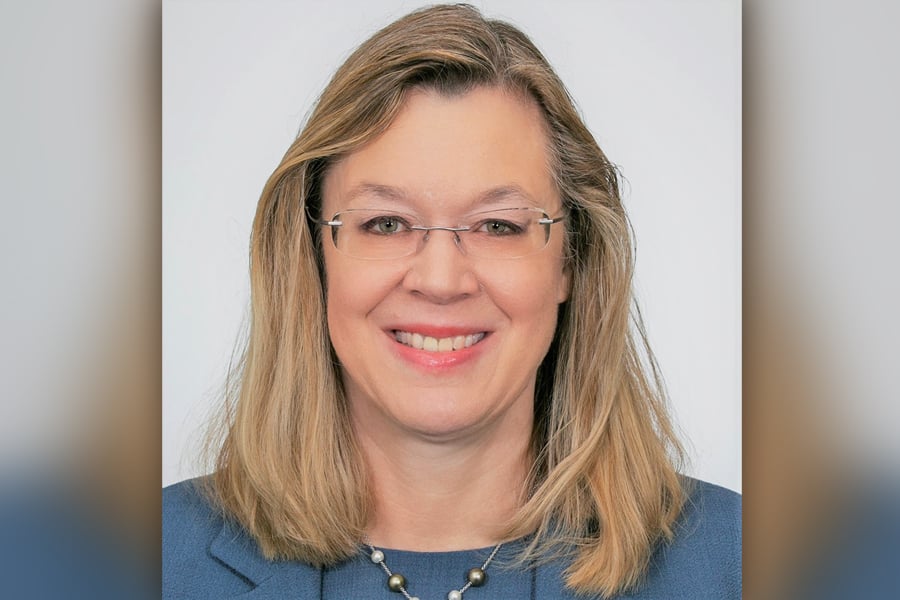

The Employee Benefit Research Institute announced Thursday that its president and chief executive, Lori Lucas, plans to retire at the end of this year.
Prior to joining EBRI as president and CEO in 2018, Lucas had been involved with the nonprofit research group since 1999, serving in roles including research chair and vice chair.
An EBRI statement credits Lucas with positioning the group for the future by making sure its research agenda matched current topics of importance in the field of employee benefits and by redesigning EBRI’s membership structure in a way that allowed it to connect with new companies and industries.
“A hallmark of EBRI has always been its one-of-a-kind empirical databases,” said Joshua Cohen, chair of EBRI’s Board of Trustees. “Lori built on that existing infrastructure and guided the team to develop new databases, ultimately giving us a more comprehensive view of workplace wellness."
Lucas is involved in the search for her successor, and following her retirement, she will serve as EBRI’s CEO emeritus.
“I told the team that this isn’t goodbye, just the start of a new chapter for EBRI and for me, personally,” Lucas said in the statement. “It has been a great honor to lead this mission-focused organization, to build relationships with our members, and to have the opportunity to work alongside a team of professionals whose expertise, dedication and work product is truly unparalleled.”
Prior to joining EBRI in 2018, Lucas served as executive vice president at Callan Associates, a benefits consulting company, and as director of retirement research at Hewitt Associates.

Integrated Partners is adding a mother-son tandem to its network in Missouri as Kestra onboards a father-son advisor duo from UBS.

Futures indicate stocks will build on Tuesday's rally.

Cost of living still tops concerns about negative impacts on personal finances

Financial advisors remain vital allies even as DIY investing grows

A trade deal would mean significant cut in tariffs but 'it wont be zero'.
RIAs face rising regulatory pressure in 2025. Forward-looking firms are responding with embedded technology, not more paperwork.
As inheritances are set to reshape client portfolios and next-gen heirs demand digital-first experiences, firms are retooling their wealth tech stacks and succession models in real time.
